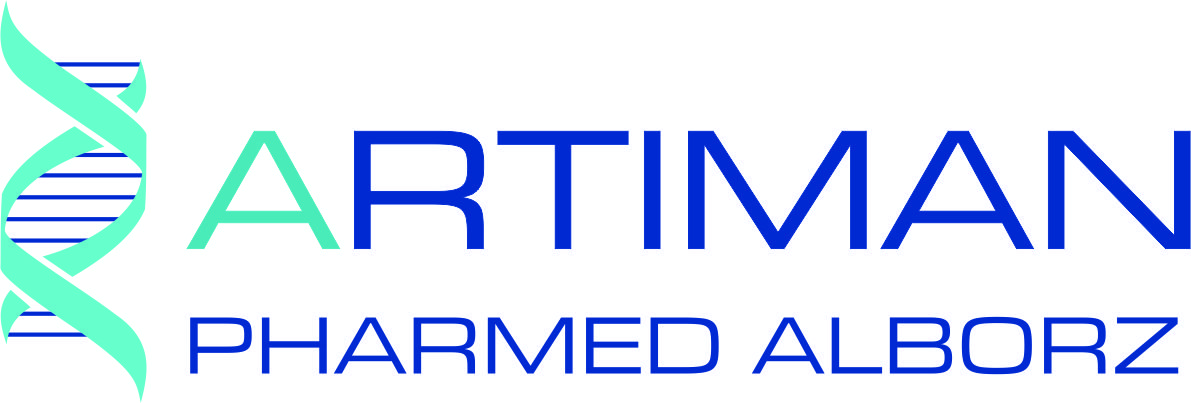- Survivors of biotech stocks` collapse in the world
- The shadow of marketing mistakes on drug prices
- Amgen monopoly for 30 years
- The king of bypassing rivals
2022 didn't have much good news for Biotech stocks, and the bad news was a 37% fall in the stock.
However, out of 382 stocks, 18 survived.
The 18 stocks are either small or have a market value of more than $10 billion.
Now let's go for the winners of this crash!
Large companies such as Amgen with 5.1% and Vertex Pharmaceuticals (VRTX) with 16% are the survivors of the collapse.
Along with large companies, a small company like Ionis Pharmaceuticals also had a 19 percent stock increase.
Or the most interesting is Mirum Pharmaceuticals, which, with a market value of less than $2 billion, had a 58.4% increase in stocks.
As general information, it's good to know that Josh Schiemer, a Biotech market analyst, fell in love with Mirum and said:
"If you're looking for a small, integrated management team, a team that meets expectations well and works exceptionally in development, regulatory, and advertising, take a look at MIRM."
This year, despite 8.5% U.S. inflation, the net price (the same price paid by the consumer) of medicines has not increased significantly!
According to Iqiva, the price of the product (the same price as the company offers) has increased by an average of 5% in the past year, and the discounts given to insurance bring this figure to 1%.
Some of these discounts, called rebates, are discounts that the company gives the buyer when the amount of the purchased goods has increased to a certain extent.
These discounts cause a difference in the price of the product and the net price, which varies in different markets.
For example, in the market for diabetes products, the net price is 78% lower than the price of the product, whereas in immunological products the difference is 49% or for anticancer drugs, it is only 7%.
This price difference does not necessarily mean that the cost paid by the patient is also lower because it depends on different factors:
- What's the medicine?
- What kind of insurance does the patient have?
- What are the other drugs he uses?
- At what time of year is he buying the medicine?
- What pharmacy does he buy?
By this account, the price of the product can directly - if the patient is uninsured - or indirectly affect health costs.
Iqiva's forecast says: The price of the product will increase by 2 to 5% every year by 2026
And the net price stays steady or drops by 3%.
In your opinion, how does this pricing policy affect the patient and the company?
Thirty years ago, a scientist in America named Bruce Butler invented a new method to reduce inflammation.
This method eventually led to the manufacture of Enbrel, a drug used for patients with inflammatory diseases such as rheumatoid arthritis.
The drug is only on the market in 2029, 17 years after Patent Butler expired. The patents are 20 years old, and after 20 years, other companies can produce and market that product.
The events of that time and Amgen's intelligence led to the registration of 68 patents, seven of which were critical to the price of the medicine.
Four of these seven patents belonged to Butler, which has now expired.
The question is:
What circumstances and strategies made this happen?
🔰 It was biological medicine.
Biologic drugs are possible to define more diverse patents because of their complexity.
🔰 Immunex Challenges
Immunex was a company licensed by the Butler Institute to make the drug, and three years later, the FDA approved the drug.
But Immunex couldn't mass produce this drug because it didn't have the capabilities.
In 1998, getting a patent for the production method was not vital to the company, and just wanted to produce the drug, but a decision saved it.
Roche has been looking for a patent for the TNF blocking protein (TNF is a molecule that is produced in times of inflammation), but it was not given a patent, and Immunex got permission for this method in 1999.
🔰 Good Sales Enbrel
In 2001, Immunex had hundreds of millions of dollars in revenue from the drug, and it was an opportunity for Amgen to make the world's largest biotech contract.
And finally, in 2002 Amgen bought the company.
But how did it gain these 68 patents?
What do you think?
Amgen always tries in different ways to remove competitors from the game and with this, it gets itself into trouble!
This time Amgen did it with its anti-cholesterol drug, Repatha.
Amgen sells Repatha in a package alongside two of its other drugs, Otzela and Enbrel, which has attracted buyers' attention.
The move has removed Rengeron's drug Amgen, Peraluent, from the competition.
In addition, Amgen sued Sanofi and Rengeron in 2014 after Peraluent received approval from the Food and Drug Administration, and in 2017 he was able to get a non-sale order, but the ruling was overturned on a second opinion.
Amgen was able to sell the drug for $1 billion by reducing the annual price from $14,000 to $5,000. Sanofi sold 218 million and Regeneron 170 million praluent.
Rengeron has sued Amgen, believing that the way the company sells its anti-cholesterol drugs is illegal and should stop.
Lawmakers believe that even if Regeneron had lowered the price further, it would not have been able to replace Repatha, and this is due to the increase in prices for the other two drugs in the Amgen package.
Due to the high cost of production in biotech companies, patents and competition are very important. What is the best way to morally win among the rivals?
You can find more information about this lawsuit at the link below.👇🏻

![vecteezy_eczema-awareness-month-vector-lllustration_5348733 [Converted]-01](https://artimanpharmed.com/wp-content/uploads/2022/08/vecteezy_eczema-awareness-month-vector-lllustration_5348733-Converted-01.png)


